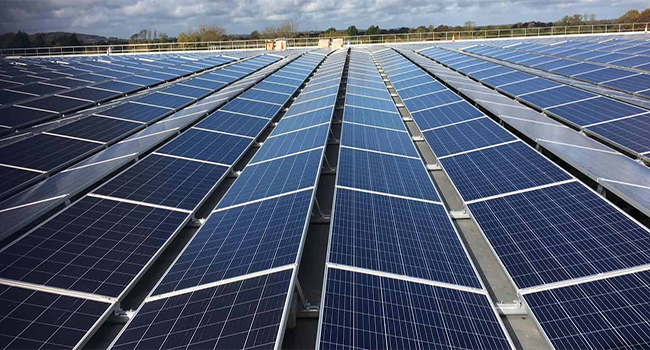Firms adapt their BMs to capitalise on opportunities by focusing on sustainable value creation, revenue model flexibility, and the adoption of new values through education and advocacy to change
By Dr. Balarabe Z. Ahmad
The literature is not clear on how Solar Photovoltaic Entrepreneurs (SPVEs) in Nigeria navigate numerous uncertainties, leveraging Business Model Innovation (BMI) within the lens of the dynamic capabilities (DCs) framework. The bulk of the literature contributions to the construct of DC are developed markets biased. This study investigated the unique BMIs (BMI) practiced by SPVEs in navigating uncertainties while leveraging DC.
This study introduced the DC construct within the developing markets context, addressing a literature gap previously biased towards western/developed economies. The study explored key research questions like: (a) Which uncertainties are SPVEs faced with, depending on their BM archetype? (b) How do SPVEs navigate these uncertainties through BMI using DC? (c) Which DCs do SPVEs develop to sustain their activities despite these uncertainties?
To respond to these questions, a qualitative research method was employed, utilising in-depth interviews lasting for an average of 40 minutes, ranging from 30 minutes to 1.5 hours per interview. Data collection began with the initial interview and ended with follow-up interviews to strengthen the findings. Face-to-face interviews were conducted with twenty (20) top management officers, including twelve (12) CEOs from SPVEs, five (5) directors from government offices responsible for policymaking, and three (3) key stakeholders.
Firms adapt their BMs to capitalise on opportunities by focusing on sustainable value creation, revenue model flexibility, and the adoption of new values through education and advocacy to change public attitudes toward acceptance of solar PV solutions. Data analytics was added as a key component and an expansion of the BMI construct.
The study expanded the components of DC to include idea screening and uncertainty/risk management. It was reported that SPVEs cultivate dynamic organisational cultures, develop flexible BM portfolios, and invest in capacity-building initiatives to enhance the skills and competencies of CEOs and personnel.
The study pushed forward then need for the expansion of the National Agency for Science and Engineering Infrastructure’s (NASENI) mandates to include setting up of large scale solar PV fabrication factory and production of high capacity batteries. Government agencies are recommended to support SPVEs by providing information and knowledge-sharing platforms and reliable financial support mechanisms.

Stakeholders were urged to promote open communication, creativity, and a willingness to experiment and foster BMI. Additionally, the study emphasised the importance of regular review and adjustment of BMs to adapt to market dynamics.
There is a need for expanded research on the additional components of DCs, specifically idea screening and uncertainty/risk management, within the developing market context. Further studies are recommended to explore how RE policies in Nigeria can support the implementation of BMI.
Dr. Balarabe Z. Ahmad bagged his PhD on the 7th of April, 2024 from the Grenoble Ecole De Management, France. He was a former general manager Legal Department at the Petroleum Technology Development Fund (PTDF), Abuja- Nigeria. He is currently the principal partners and head of chambers at B.Z Ahmad and Co. Legal Practitioners & ADR consultants, Abuja